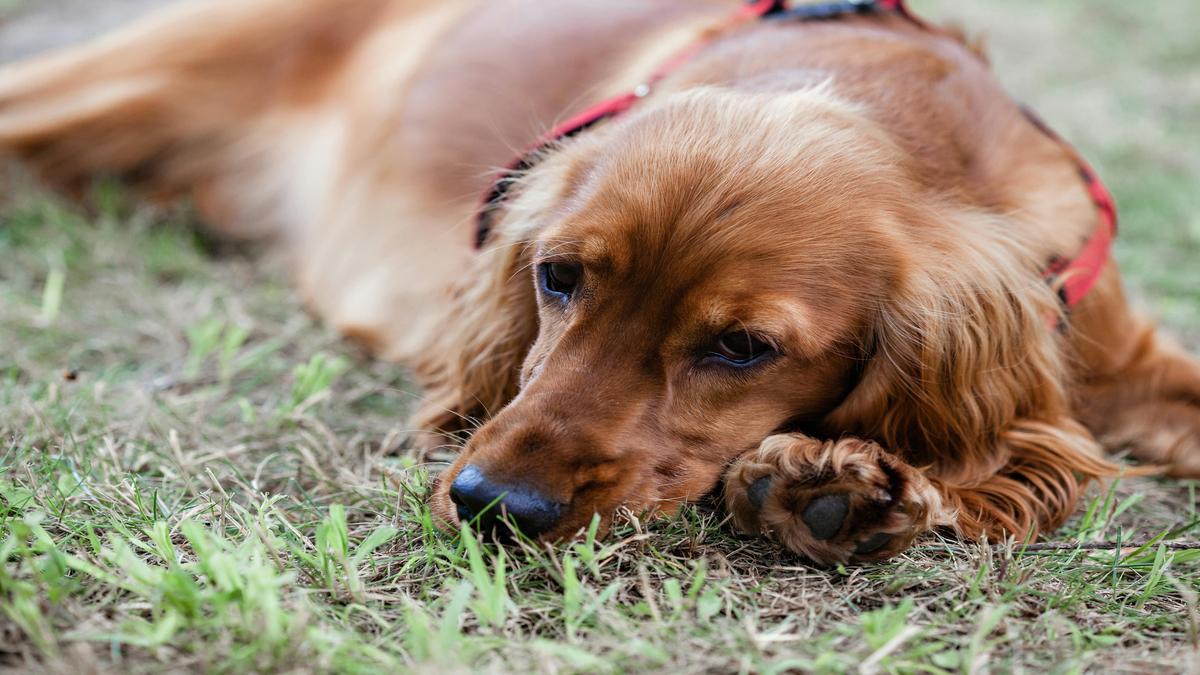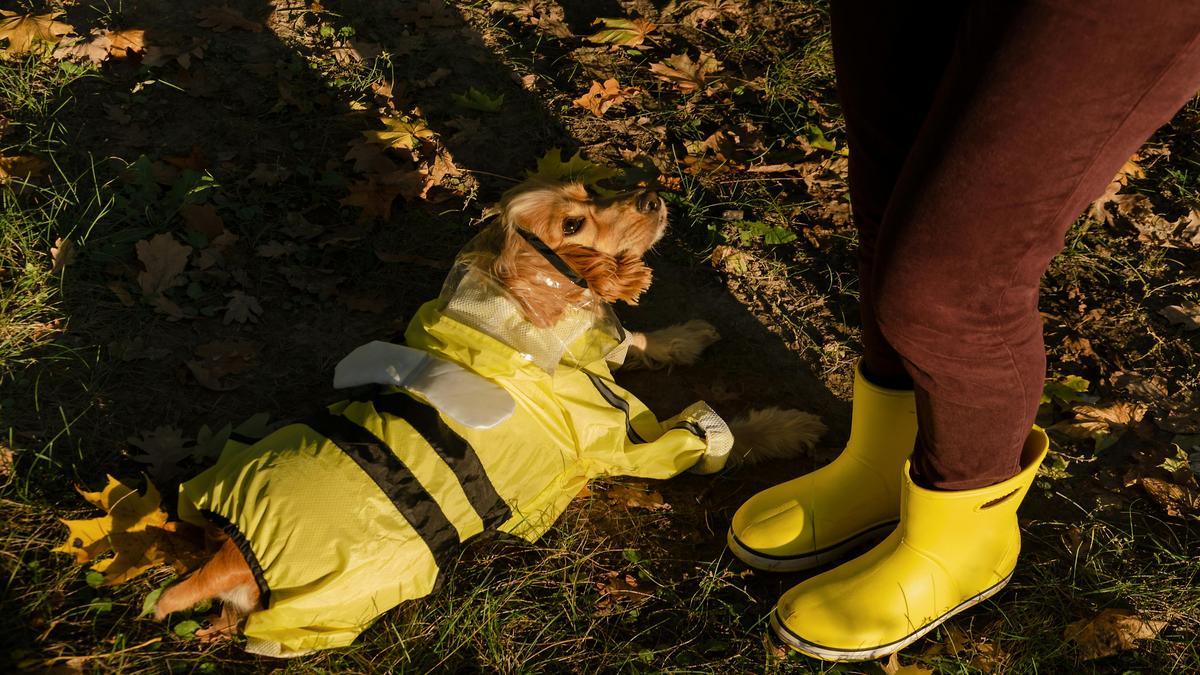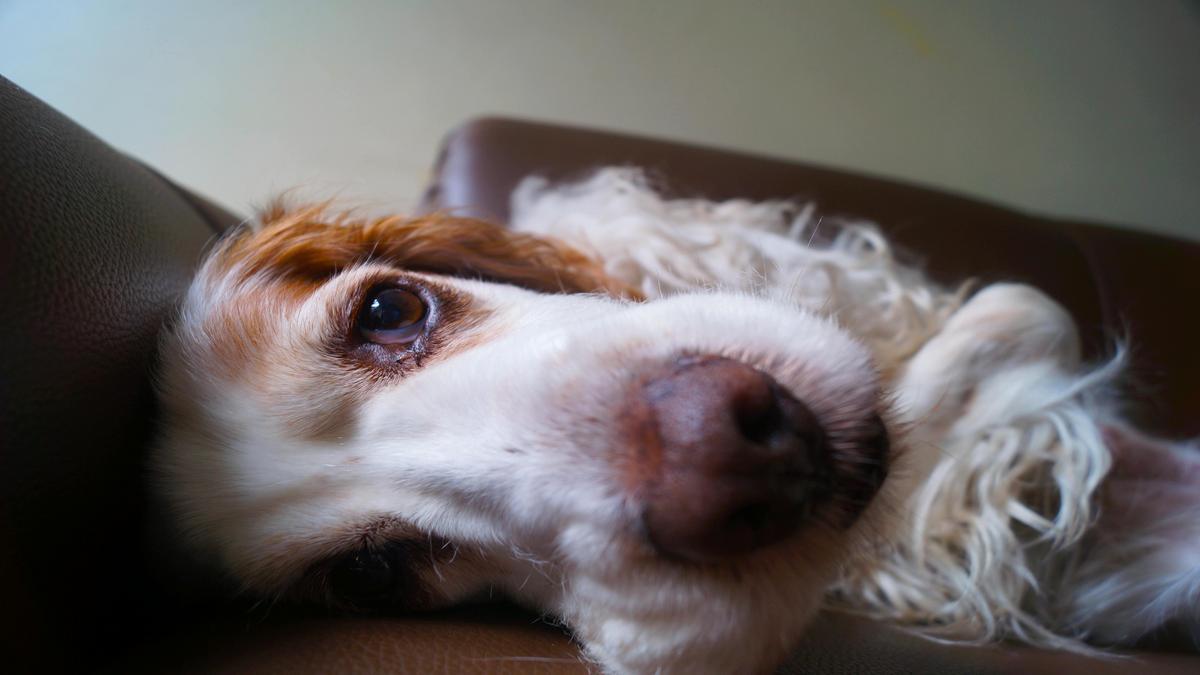Cocker Spaniels are adorable companions that require extra care to keep them healthy and happy. Regular grooming is essential for maintaining their silky coat free of mats and tangles. Professional grooming can also help in keeping them looking their best. When it comes to training, using positive reinforcement techniques can help them learn obedience and good behavior. Socialization is key for a well-rounded Cocker Spaniel, so early exposure to different environments and training classes can be beneficial. Don’t forget about their healthcare, regular vet check-ups can prevent common issues. Lastly, balanced diet is crucial for muscle health and weight management. With these care tips, you can ensure a fulfilling life for your beloved Cocker Spaniel.
Essential Care Tips for Cocker Spaniel Owners
- Regular grooming is essential to prevent matting and keep their coat healthy.
- Provide plenty of opportunities for exercise and mental stimulation to keep them happy and healthy.
- Monitor their diet and weight to prevent obesity-related health issues.
- Regular veterinary check-ups are important to catch any potential health issues early.
- Positive reinforcement training methods work best for Cocker Spaniels.

Importance of Cocker Spaniel Grooming
Regular Brushing for a Healthy Coat
To keep your Cocker Spaniel‘s coat healthy and shiny, regular brushing is essential. This helps to prevent matting and tangling of the fur, which can be uncomfortable for your furry friend. By brushing your Cocker Spaniel’s coat regularly, you can also reduce shedding and keep their skin healthy.
Professional Grooming for Maintenance
In addition to regular brushing at home, professional grooming is also important for the maintenance of your Cocker Spaniel‘s coat. Professional groomers have the skills and tools to ensure that your pup’s coat is kept in optimal condition. They can also provide services such as nail trimming, ear cleaning, and bathing to keep your Cocker Spaniel looking and feeling their best.
Cocker Spaniel grooming tips
Here are some tips for grooming your Cocker Spaniel at home:
- Use a slicker brush to remove tangles and mats from the coat.
- Trim the hair around the ears, paws, and tail to keep your pup looking neat.
- Clean your Cocker Spaniel’s ears regularly to prevent infections.
- Brush your pup’s teeth regularly to maintain good dental health.
By following these grooming tips, you can help your Cocker Spaniel look and feel their best.
Effective Cocker Spaniel Training Techniques
Positive Reinforcement for Obedience
When it comes to Cocker Spaniel training, positive reinforcement is key. This technique involves rewarding your furry friend for good behavior rather than punishing them for mistakes. By using treats, praise, or toys as rewards, you can encourage your Cocker Spaniel to repeat desirable actions. This method not only builds a strong bond between you and your pet but also makes training more effective and enjoyable for both of you.
Socialization for Well-Rounded Behavior
Socialization is another crucial aspect of Cocker Spaniel training. Exposing your furry companion to various people, animals, sounds, and environments from a young age helps them develop into well-rounded and confident dogs. This exposure can prevent anxiety and aggression issues in the future. By introducing your Cocker Spaniel to different situations in a positive and controlled manner, you can help them navigate the world with ease.
Cocker Spaniel training
| Training Technique | Description |
|---|---|
| Positive Reinforcement | Rewarding good behavior with treats, praise, or toys to encourage obedience. |
| Clicker Training | Using a clicker to mark desired behaviors and reinforce positive actions. |
| Crate Training | Teaching your Cocker Spaniel to see their crate as a safe and comfortable space. |
| Leash Training | Teaching your furry friend to walk politely on a leash without pulling. |
| Basic Commands Training | Teaching essential commands such as sit, stay, come, and down for better communication. |
In the realm of Cocker Spaniel training, a combination of positive reinforcement and socialization is essential for a well-behaved and well-adjusted pet. By tailoring your training approach towards your dog’s unique needs and personality, you can help them reach their full potential.

Prioritizing Cocker Spaniel Health Care
Regular Vet Check-ups for Preventive Care
When it comes to Cocker Spaniel health care, regular vet check-ups play a crucial role in preventing potential health issues. By scheduling routine visits to the vet, you can monitor your furry friend’s health and address any concerns early on. These check-ups are essential in maintaining your Cocker Spaniel’s overall well-being and detecting any health issues before they escalate.
Addressing Common Health Issues Early
Cocker Spaniels are prone to certain health issues that may require special attention. By being aware of these common problems and taking proactive measures, you can ensure your Cocker Spaniel leads a healthy and happy life. Some common health issues in Cocker Spaniels include:
| Health Issue | Symptoms | Treatment |
|---|---|---|
| Ear Infections | Scratching ears, odor | Cleaning, medication |
| Obesity | Weight gain, lethargy | Balanced diet, exercise |
| Eye Problems | Discharge, redness | Eye drops, vet consultation |
| Skin Allergies | Itching, redness | Allergy testing, special diet |
By keeping an eye out for these signs and acting promptly, you can help your Cocker Spaniel lead a healthy and fulfilling life.
The Importance of Cocker Spaniel Socialization
Early Exposure to Various Environments
When it comes to Cocker Spaniels, socialization plays a crucial role in their development. Early exposure to various environments, people, and animals is essential for Cocker Spaniels to grow into well-rounded and confident dogs. By introducing your Cocker Spaniel to different sights, sounds, and experiences during their puppy stage, you can help them become more adaptable and less likely to develop fear or aggression towards new stimuli.
Training Classes for Social Skills
One effective way to promote Cocker Spaniel socialization is by enrolling your furry friend in training classes specifically designed to enhance their social skills. These classes provide a structured environment where Cocker Spaniels can interact with other dogs under the supervision of a professional trainer. Through positive reinforcement and reward-based training, your Cocker Spaniel can learn how to navigate social situations confidently and politely.

Addressing Cocker Spaniel Behavior Problems
Understanding Triggers and Patterns
When it comes to Cocker Spaniel behavior problems, it’s essential to pay attention to triggers and patterns. These can give you valuable insights into why your furry friend is behaving a certain way. By observing what sets off certain behaviors and when they tend to occur, you can start to address the root causes effectively.
Here is a table to help you understand triggers and patterns better:
| Triggers | Patterns |
|---|---|
| Loud noises | Separation anxiety |
| New environments | Aggression |
| Lack of exercise | Destructive behavior |
By navigating through these triggers and patterns, you can tailor your approach to managing your Cocker Spaniel’s behavior more effectively.
Seeking Professional Help for Severe Issues
For severe Cocker Spaniel behavior problems, it is advisable to seek more than just basic training. Professional help from a certified dog behaviorist can make a significant difference in addressing complex issues. These experts are meticulously trained to understand the ever-evolving world of dog behavior and can provide you with bespoke strategies tailored towards your furry friend’s specific needs.
Here is a list of common Cocker Spaniel behavior problems that may require professional intervention:
- Aggression towards other dogs or people
- Excessive barking
- Fear or anxiety issues
- Resource guarding
- Compulsive behaviors
By acknowledging the severity of these problems and seeking the utmost help, you can unveil the secrets to improving your Cocker Spaniel’s behavior and enhancing your bond with them.
Crafting a Balanced Cocker Spaniel Diet
High-Quality Protein for Muscle Health
When it comes to Cocker Spaniel nutrition, high-quality protein plays a vital role in maintaining your furry friend’s muscle health. Look for protein sources like chicken, turkey, or fish to support your Cocker Spaniel’s active lifestyle. A diet rich in protein will help them stay energetic and strong.
Portion Control for Weight Management
Maintaining an optimal weight is crucial for your Cocker Spaniel’s overall health and well-being. Portion control is key to managing weight and preventing obesity in your furry companion. Here is a breakdown of a well-balanced Cocker Spaniel diet:
| Meal Time | Food Type | Portion Size |
|---|---|---|
| Breakfast | High-quality kibble | 1/2 cup |
| Lunch | Lean protein | 1/4 cup |
| Dinner | Vegetables | 1/4 cup |
| Snacks | Fruits | Small pieces |
By carefully monitoring your Cocker Spaniel’s food intake and providing the right portions, you can help them maintain a healthy weight and prevent health issues associated with obesity.
Frequently asked questions
How often should I groom my Cocker Spaniel?
Groom your Cocker Spaniel at least 2 to 3 times a week to keep their coat healthy and mat-free.
What is the best diet for my Cocker Spaniel?
Feed your Cocker Spaniel a balanced diet of high-quality dog food to keep them healthy and energetic.
How much exercise does a Cocker Spaniel need?
Your Cocker Spaniel should have a daily exercise routine of about 30 to 60 minutes to keep them happy and fit.
How can I train my Cocker Spaniel?
Consistent training sessions with positive reinforcement are key to effectively train your Cocker Spaniel.
How do I prevent ear infections in my Cocker Spaniel?
Regularly clean and check your Cocker Spaniel’s ears to prevent ear infections and maintain good ear health.

